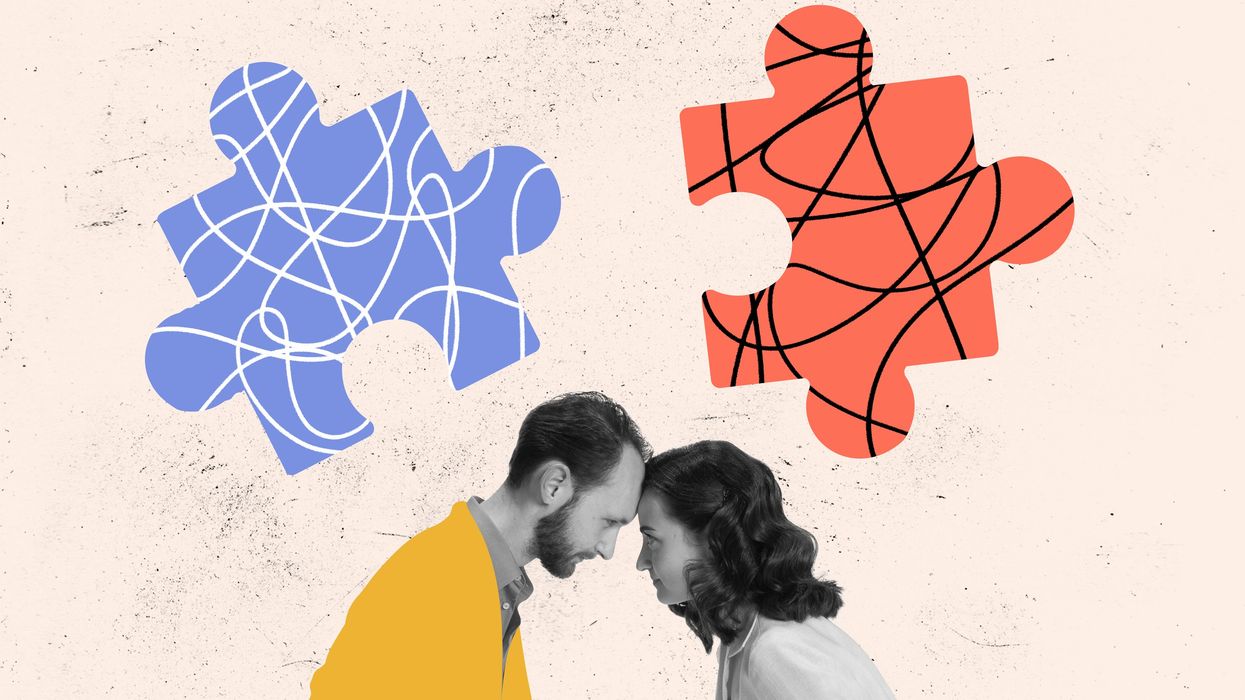When we think of romance, it's easy to picture women swooning over love letters, roses, and candlelit dinners. Pop culture has long painted women as the more emotional and romantic gender, while men are often depicted as more stoic or indifferent. But what if this narrative is turned upside down? Recent research suggests that men might actually be the more romantic sex, not in how they express it, but in how deeply they value and depend on romantic relationships.
But let me tell you, the idea that men are more romantic than women isn't all about grand gestures or dreamy poetic declarations. It's about the emotional weight men place on romantic partnerships. Studies show that men tend to seek out and stay in steady relationships, not just for companionship, but for emotional survival. Unlike women, who often have a broad support system outside of romance that includes friends, family, and colleagues, men tend to rely heavily on their partners for emotional intimacy and support.

This emotional dependency on romantic relationships, however, goes beyond love. It's actually a matter of health and well-being. Research indicates that men in committed relationships experience greater mental and physical health benefits compared to their single counterparts. They tend to live longer, report higher levels of happiness, and are less likely to suffer from loneliness. For many men, a romantic partner becomes their primary confidant, the one person they feel safe opening up to. This makes romantic relationships far more critical to their overall well-being than they are for women.
What's fascinating is that men often hold onto romantic ideals with more intensity. Studies have shown that men are more likely to believe in concepts like "love at first sight" or the idea of "one true love." While these beliefs may not always translate into daily gestures of romance, they speak to a deeper emotional investment in the very idea of love. For men, love isn’t just a feeling, it’s a concept they hold dear, even if they don’t always show it in overt ways.
The findings come from a comprehensive study published in Behavioural and Brain Sciences, which analysed over 50 scientific studies to offer new insights into gendered romantic behaviours. The research challenges traditional assumptions, suggesting that men, particularly in heterosexual relationships, often place greater emotional value on romantic connections than women do.

However, this reliance on romance can also come with its own set of challenges. Men are less likely to initiate breakups and often struggle more when a relationship ends. Without the same robust emotional support networks that women typically have, men can feel adrift post-breakup, again leading to prolonged loneliness and difficulty moving on. This vulnerability shows just how central romantic relationships are to their emotional lives.
So, why is there such a disconnect between perception and reality? A lot has to do with societal expectations. From a young age, boys are socialised to suppress emotions and avoid vulnerability, while girls are encouraged to express and share their feelings. As they grow older, these gendered norms leave men with fewer outlets for emotional support, causing them to pour their emotional needs into romantic relationships.
This doesn't mean that men are hopeless romantics or that women don't value love. It simply brings out a different dynamic: that men need romance not just for love, but for emotional survival. The challenge then becomes for men to broaden their support systems by leaning on friends, family, and community so that the emotional weight doesn't rest solely on their romantic partners.





